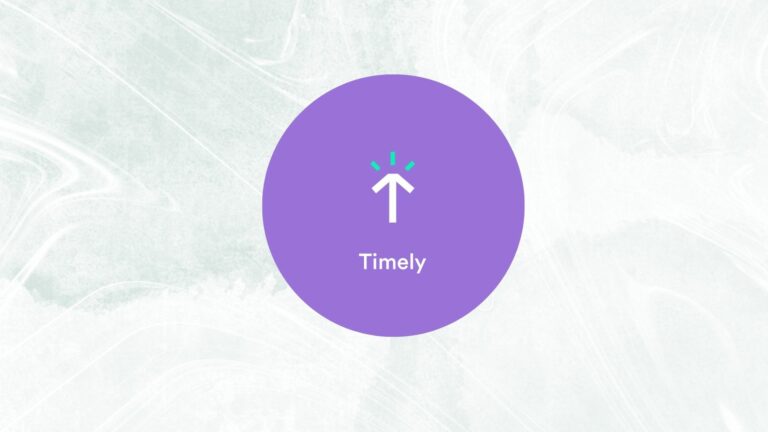Although many of us have ambitious goals, a dismal percentage of us never reach them. If so, why is that the case? What’s stopping you from starting that side business, going to the gym, or growing the business you already have?
When reaching goals in your career, you may encounter roadblocks. It’s important to understand that these obstacles are often a natural part of the process.
Factors to consider in goal setting:
- applying known skills and practicing new skills (performing)
- seizing the right moment (optimization)
- being aware of how to find ways to overcome obstacles (compensation).
Roadblocks are all of the factors mentioned above that may prevent you from accomplishing your work goals. They can translate into a lack of clarity, hold you back from seeing your progress, and sap your motivation.
Table of contents
Weigh up💪. Know your strong and weak points
Think carefully about your capabilities and limitations. To reach your goals, you need to know what you’re good at and where you need to improve.
Provide as much detail as you can. Don’t forget to factor in time and money. With this method, you can set attainable objectives that will serve as a road map for future progress.
Make a more audacious objective for each strength. Create a more manageable objective that will assist you in overcoming each limitation.
When you step back and take a look at the big picture, you’ll have a far better idea of how to construct robust and dependable solutions for future projects based on your strengths and areas for improvement.
Identify👀 Because roadblocks can be anywhere
When problems are hidden from view, they become threats.
Possible stumbling blocks on the path to goal achievement include the following:
- lacking sufficient motivation
- stress over falling short
- limited availability of necessary materials
- due to the absence of clarity and backing.
- Procrastination, perfectionism, negative self-talk, and unreasonable expectations can all serve as stumbling obstacles.
So, to succeed in your professional endeavors, it is essential to determine the factors that hold you back and eliminate them.
If you want to find the obstacles that are preventing you from achieving your goals, it can be helpful to first write out all the reasons why you should succeed. The next step is to devise answers to each of these potential issues.
Check🔍 Your goals must be realistic and achievable
Objectives should stretch you but also be doable.
The development of a workable strategy relies heavily on the establishment of attainable objectives. So that development can be tracked, objectives should be detailed, quantifiable, and time-bound.
In addition, it’s crucial to recognize and take into account the following while defining goals:
- materials,
- knowledge, and
- backing essential for success.
It’s important to set lofty but realistic objectives. This means that you can make reasonable plans for achieving your professional objectives, regardless of how large or small they may be.
Move🏃♂️ Your first step will facilitate the next
Creating smaller, more manageable goals and concentrating on developing tactics that can be quickly put into action will help you achieve your larger, more ambitious objectives with greater success. Momentum is generated by taking some kind of action. Basically, doing things gradually will make it easier to do them quickly.
Create a detailed strategy for reaching your objective and following it (and write down any new obstacles or solutions that come up along the way). According to Dr. Gail Matthews of the Dominican University of California, having goals written down increases one’s chances of reaching them by 40%.
If you’re having trouble deciding what to do, it may help to write out some of your desired results and goals. You shouldn’t travel down any paths that don’t line up with your objectives. Follow the paths that get you closer to your objectives. To make it easier, divide big tasks into smaller, more manageable chunks.
Monitor💻 Tracking provides data insights
To reach your goals and get past problems, you need to keep track of your progress and make any necessary changes to your goals.
Keeping a log of hours worked is the most efficient method. At its best, tracking gives you a way to keep track of and share information about your professional goals.
Using a business calendar and a dependable time tracker together might improve your goal-setting experience, since the latter can be used to reflect on past failures and triumphs at work and inform future endeavors.
Time monitoring allows you to monitor progress and gain the following benefits:
- Change your goals as needed and set deadlines that you can meet by taking into account the resources you have.
- You need to pick the right time constraints to achieve your objectives.
- You learn new things and acquire insight into what kinds of company methods provide the best results as you progress through your job objectives.
When you check in on your progress, you can see if your original goals were reasonable and still work. It may be time to adjust your objectives if you’ve outgrown them or achieved more rapid development than planned. Think about stretching yourself by establishing loftier goals that will force you to learn and improve.
Review🧐 It helps shape future goals
Take stock of your progress towards your goals as you finish them. Keep in mind that it’s better to aim for improvement than perfection.
You should honor all of your accomplishments, no matter how minor they may seem. Recognizing your achievements along the way can serve as a source of inspiration and drive.
Moreover, you will know if you have reached or exceeded your goals by the time you reach milestones.
When you’re stuck, it helps to remember what you did that got you where you are today. When applied again, how useful would those methods be?
Even the smallest victories need to be celebrated since they boost morale and encourage continued effort toward the ultimate objective.
You can include learning and development in your professional objectives by keeping tabs on your progress and the tools at your disposal. Keep tabs on your development and make alterations as necessary.


